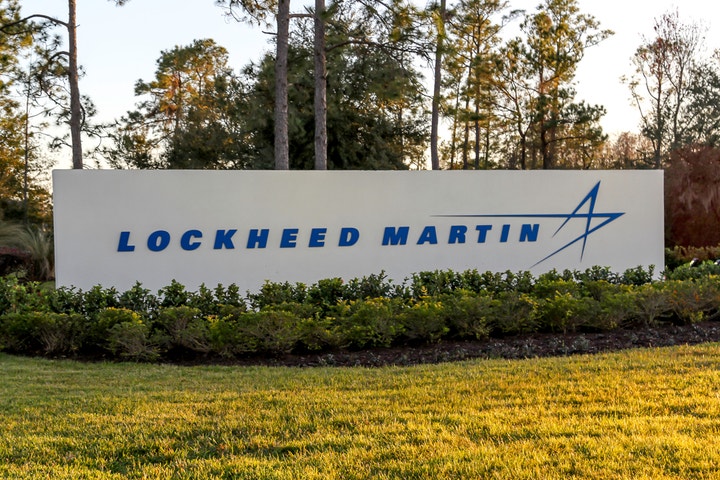
Lockheed Martin (NYSE:LMT) is re-entering deep-sea mining and talking to potential partners about activating two exploration zones it holds in the lucrative Clarion-Clipperton Zone (CCZ) in the Pacific Ocean.
The leading U.S. defense contractor first obtained the licenses in the early 1980s before exiting the sector by selling its U.K.-based subsidiary, U.K. Seabed Resources, to Norway's Loke Marine Minerals in 2023. However, following Loke's bankruptcy in April, an asset auction returned the licenses to Lockheed's control.
"We are in early stages of conversations with several companies about giving them access to our licenses and allowing them to process those materials," Frank St. John, Lockheed's chief operating officer, said for the Financial Times.
The CCZ, located between Hawaii and Mexico, contains polymetallic nodules rich in nickel, cobalt, copper, and manganese—metals essential for electric vehicles, renewable energy technologies, and defense systems. Lockheed's deposits had remained untouched for decades until recently, when shifting geopolitical and industrial priorities renewed momentum.
Yet, the broader regulatory environment remains complex. Though companies like The Metals Company (NASDAQ:TMC) have applied for exploration rights, the legal foundation is still uncertain.
The United Nations-backed International Seabed Authority (ISA), based in Jamaica, regulates mining in international waters and is currently convening the second part of its 30th session, running until July 25. The organization has yet to finalize a regulatory framework.
However, the U.S. has never ratified the UN Convention on the Law of the Sea, from which the ISA derives its authority. Instead, the U.S. operates its permitting regime via the National Oceanic and Atmospheric Administration. In April, President Donald Trump signed an executive order declaring seabed minerals "strategic assets," reinforcing the U.S. right to issue mining licenses and develop critical supply chains independently.
Other nations are also exploring undersea mining. Sweden's Scandinavian Ocean Minerals, for example, plans to harvest manganese nodules from the Baltic Sea. Yet, large-scale Pacific operations will face greater environmental, technical, and geopolitical challenges compared to those in shallower, more contained waters like the Baltic.
While critics argue that deep-sea mining is costlier and riskier than land-based alternatives, Lockheed sees long-term potential.
"Mining companies have done the homework and determined there is value there," said St John. "We believe the US has the opportunity to develop a gold standard for commercial recovery of nodules in an environmentally responsible manner," he concluded.
Price Action: LMT stock traded higher 0.09% to $474 premarket at the last check Tuesday.
Read Next:
Photo via Shutterstock







